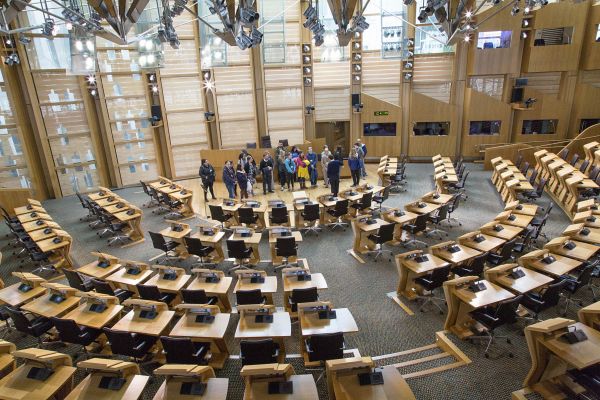Mental health services are fragmented in Scotland and too many organisations are involved in funding, planning and providing services, a new report has found.
The Audit Scotland report says these issues are hampering attempts to help people get access to counselling quickly and easily.
This complexity makes accountability difficult and sets up additional barriers to people from disadvantaged groups – the report highlights challenges for people from ethnic minority groups, those living in rural areas and people living in poverty.
Lack of data
It also showed that even with the increase in funding for mental health services since 2017 the Scottish Government lacks the correct data to understand what impact this had in improving people’s health.
For example, statistics included showed that even with the increased funding at least 2,700 people waited more than one year to start psychological therapies in 2022/23. Unfortunately, due to lack of evidence, we don’t know how much those who were able to access counselling benefited from this support.
Our Four Nations Lead Steve Mulligan said: “It’s clear from the evidence presented by Audit Scotland that we need to see much more accessible and timely mental health support for people so we can address the growing need in Scotland, which has intensified since the pandemic. We know that increasing access to trained counsellors and psychotherapists across all spheres of the mental health workforce is the best way to support people who need help.
“We recently made this case to officials leading development of Scotland’s first Mental Health Workforce Plan. A clear and costed plan is needed to make sure resources are used efficiently to help as many people as possible.”
Scottish Government spending commitments
The report also says the Scottish Government will increase its Mental Health Directorate budget by 25% and give GP practices access to community wellbeing services to help improve access and relieving pressure on the mental health workforce.
However, the Government's own spending projections show that it is not on target to meet its commitment to spend 10% of its NHS front-line budget on mental health by 2026.

Scotland Mental Health Strategy recognises contribution of therapists
BACP, members and organisations contributed to Scotland's new Mental Health Strategy

Scottish funding support for infant and perinatal mental health
Charities that provide counselling are among those to benefit from the support

Counselling support for historical adoption practices in Scotland
Specialist support, including counselling, to help those affected by historical adoption practices
